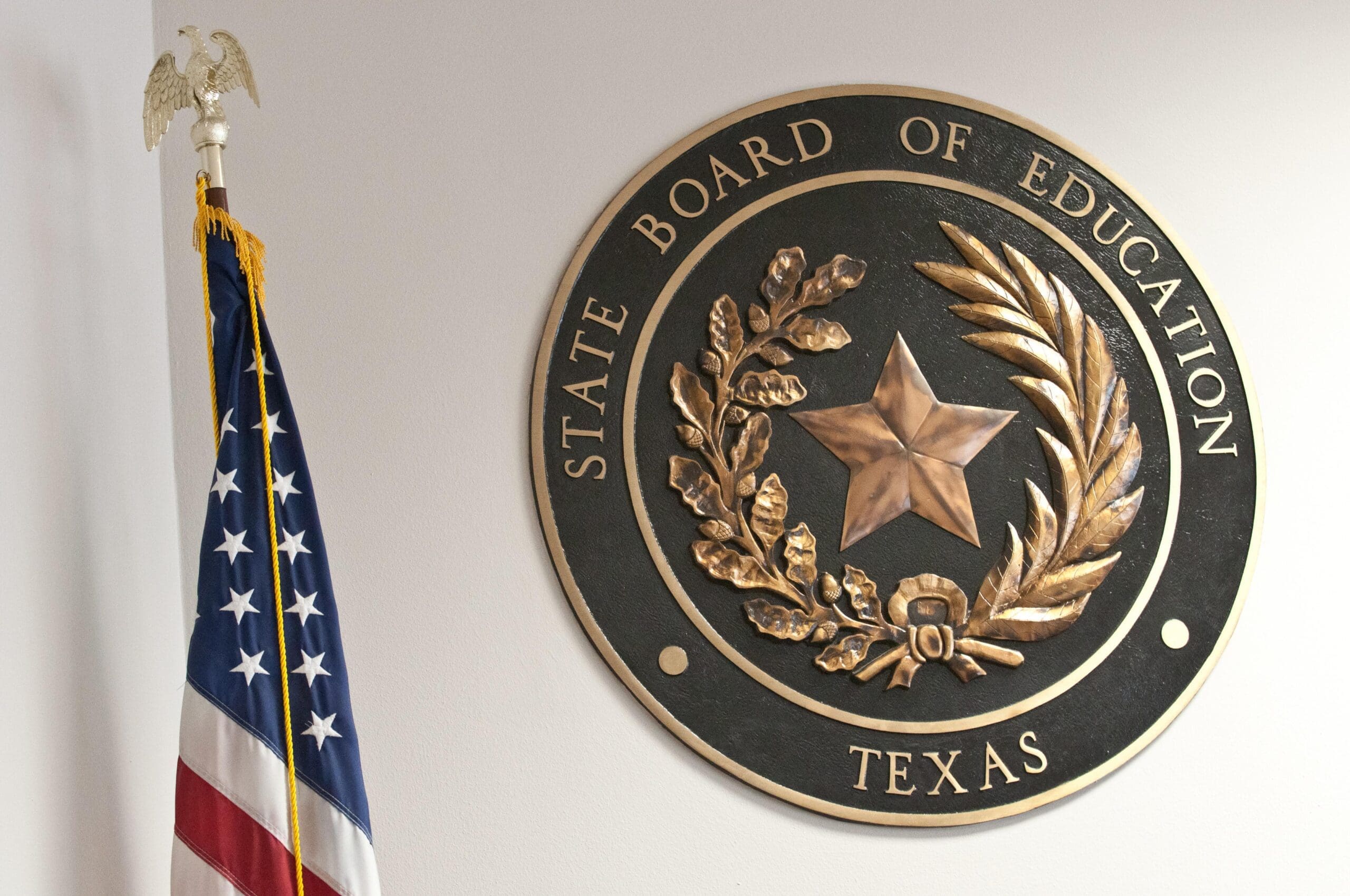As the State Board of Education weighs more than 300 proposed curriculum programs this week, what emerged during Tuesday’s hearing was a deeper clash over the role of screens in the classroom.
As part of the Instructional Materials Review and Approval (IMRA) Cycle 2025, Texas Education Agency Commissioner Mike Morath recommended that 217 curriculum items be approved, 45 rejected, and 8 receive no action.
However, debate quickly shifted away from the materials and toward whether digital-heavy curricula should be encouraged at all.
Central to the discussion was whether to approve Houghton Mifflin Harcourt (HMH) Reading K-5 as part of the recommended instructional materials for the upcoming academic year.
Initial reports incorrectly suggested that HMH’s resources were exclusively digital, leading to concerns about accessibility, technology infrastructure, and instructional flexibility.
Several board members argued that high-quality digital resources can offer broad accessibility, immediate content updates, and built-in compliance features—attributes that have become increasingly valuable in modern education.
Others voiced strong apprehensions about increased screen time for young students, suggesting that full reliance on digital products might negatively affect student well-being and learning outcomes.
“I don’t want to financially incentivize school districts to use a full digital product,” stated Brandon Hall from SBOE District 11, echoing ongoing concerns from constituents.
The debate led to motions to temporarily remove certain digital items from the approval list pending further review. Members with unresolved concerns about access to the digital materials and the criteria for marking compliance advocated for more time to examine flagged content personally.
Upon review and clarification, it was discovered that nearly all HMH resources are available in both print and digital formats, except for one specific product, which is digital-only. The earlier impression that all offerings were strictly digital was attributed to a clerical error—namely, a wrongly checked box during the submission process.
The debate regarding digital-curriculum is part of a greater concern over screen usage during school hours.
Earlier this year, state lawmakers passed House Bill 1481 requiring school districts to enact policies that prohibit students from using personal communication devices, such as phones, tablets, and smartwatches.
Students’ personal laptops remain a gray area, although TEA guidance likely fits them into the definition of prohibited devices.
This also brings up a conflict for some districts that have adopted Bring Your Own Device (BYOD) programs.
The SBOE will continue meeting through Friday.
No ads. No paywalls. No government grants. No corporate masters.
Just real news for real Texans.
Support Texas Scorecard to keep it that way!





